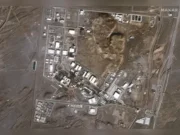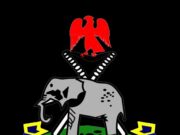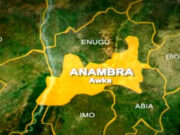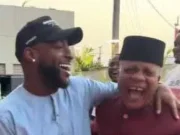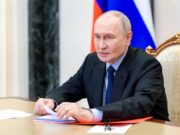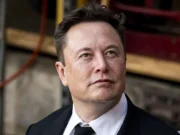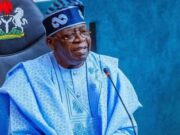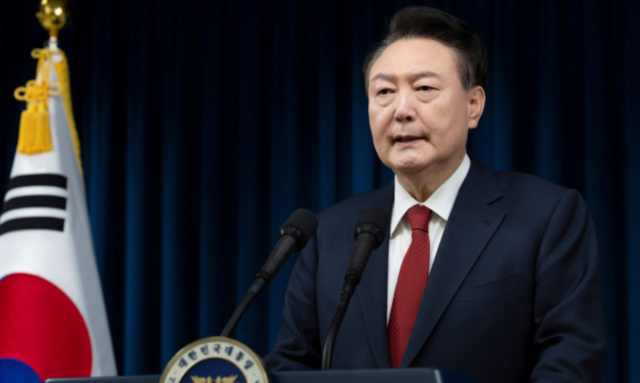In a historic turn of events, South Korean President Yoon Suk Yeol has been arrested following his brief and controversial declaration of martial law on December 3, 2024. This unprecedented move has plunged the nation into a constitutional crisis, leading to his impeachment by the National Assembly on December 14.
The arrest took place at the presidential residence in Seoul, where President Yoon had been resisting detainment. A significant law enforcement operation, involving thousands of officers, was deployed to execute the arrest warrant issued by the Seoul Western District Court. The court had approved the warrant on December 31, citing charges related to abuse of power and the orchestration of the martial law declaration.
President Yoon’s declaration of martial law was met with immediate backlash, as it was perceived as an overreach of executive power. The National Assembly swiftly voted to rescind the declaration, and subsequent investigations were launched to assess the legality of his actions. Despite multiple summonses by the Corruption Investigation Office for High-ranking Officials (CIO), President Yoon refused to comply, leading to the issuance of the arrest warrant.
The situation escalated as President Yoon’s supporters formed human barricades around the presidential residence, resulting in clashes with law enforcement. However, authorities were eventually able to breach the compound and detain the president without significant resistance. He has been transported to the CIO’s headquarters in Gwacheon for questioning.
This marks the first time in South Korea’s history that a sitting president has been arrested. The Constitutional Court is now deliberating on whether to permanently remove President Yoon from office, a decision that could lead to new presidential elections within 60 days if upheld.
The arrest has elicited mixed reactions from the public, with both supporters and critics of President Yoon expressing their views through protests and demonstrations. The nation remains on edge as it awaits the Constitutional Court’s ruling and the potential implications for South Korea’s democratic institutions.

